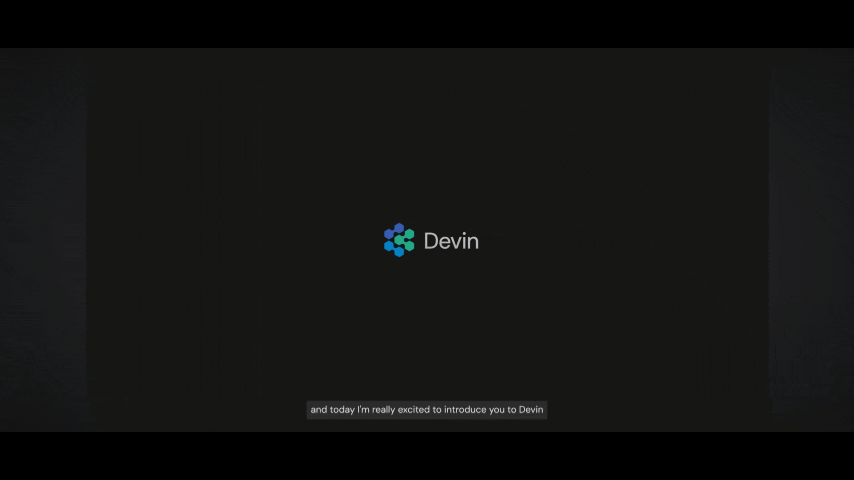Is the “AI Developer” a Genuine Threat to Jobs?
Here's my rationale on all of it.
There’s a lot of buzz about “AI developers” in the tech world. Headlines shout that the days of human coders are numbered—a tantalizing, but dubious claim.
Startups like Magic.dev are raising hefty sums to create "superhuman software engineers." Their mission? To outperform and possibly replace human coders. Then there's Cognition Labs' "Devin," which raised $21M and claims to be an AI capable of doing real software engineering. These companies are cashing in on fears and ambitions.
One narrative is that tools like Devin will soon replace entry-level developers.
Devin’s current track record shows it solves about 13.86% of issues on GitHub unassisted. While that’s leagues better than previous models, remember, a competent junior developer would do much more.
We shouldn’t be fooled by flashy headlines or orchestrated media frenzies. Devin is, for now, an advanced coding assistant, not a replacement for the nuanced, context-rich work that seasoned engineers provide.
Consider the landscape. Microsoft’s GitHub Copilot has already dominated the coding assistant niche for over two years, with 1.3 million paying subscribers. Pricing at $20/month makes it a tough act to follow, especially given the computational costs tied to maintaining high-performance AI models.
Companies like Sourcegraph and Replit are also deeply embedded with their respective AI tools, Cody and Replit AI. The remaining space is limited, pushing new startups to make audacious claims to carve out a territory.
The startup game is about getting noticed. Cognition AI achieved near viral attention, taking a page from ChatGPT’s playbook. Their video showcases are strategic, designed to create buzz. But strong media presence doesn’t guarantee a product that delivers on lofty promises.
The seductive idea that advances in software will eliminate the need for human engineers isn't new.
In 1959, COBOL aimed to empower business people to write their own programs. Instead of reducing the need for developers, it created a demand for COBOL specialists. The cycle repeats. Each new tool or language claims to reduce the need for knowledge workers, but instead, it shifts the nature of the work, often requiring even more specialized skills.
AI, especially large language models, remains highly effective within certain constraints. They can automate routine tasks and provide coding assistance, but they are fundamentally "probability machines," making educated guesses. Hallucinations, errors, and a lack of deep contextual understanding limit their utility.
Five years from now, developer tools will undoubtedly be more powerful. But the idea that AI will fully replace human engineers is a perpetual myth. Instead, AI will continue to serve as an extension of human capability—better, smarter tools, but not standalone replacements.
In our era, it’s crucial to discern between hype and reality. Don’t get blinded by flashy demos and bold claims. Look for sustainable, incremental improvements that make you a more efficient, capable engineer.
The inspiration for this post is... https://blog.pragmaticengineer.com/ai-developer-marketing-stunt/




